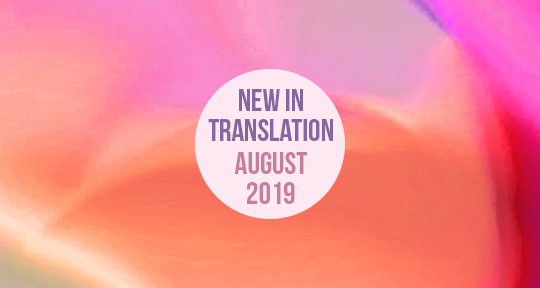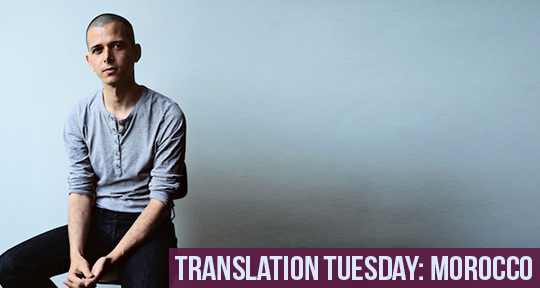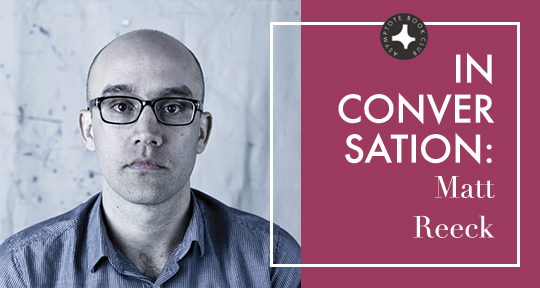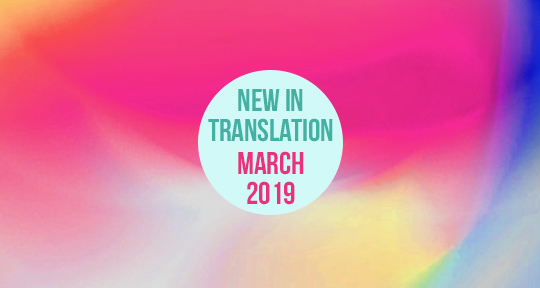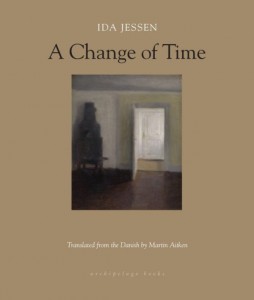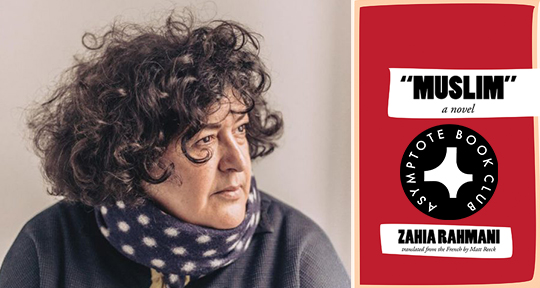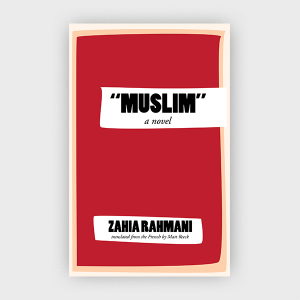We begin and end this week with a look at two of the winter’s biggest book fairs: Hodna Nuernberg accompanies us on a retrospective tour of the 25th Casablanca International Book Fair, while Barbara Halla lets us know what’s in store at next week’s Salon du Livre in Paris. Meanwhile, Editor-at-Large Jacqueline Leung, reporting from Hong Kong, updates us on a symposium taking place today to honor 2019 Newman Laureate Xi Xi.
Hodna Nuernberg, Editor-at-Large, reporting from Morocco
Oft-maligned by Morocco’s cultural elite, Casablanca’s international book fair came to a close on February 17. The twenty-fifth edition of the fair saw 560,000 visitors, or 62% more than in 2017, yet publishing houses bemoaned a lack of serious readers. Indeed, the book fair, whose 10-dirham entry fee—about $1—is roughly the price of a big-city café au lait, is a resolutely popular affair where boiled-chickpea sellers rub elbows with poets, children careen wildly from stand to stand clutching brand-new Barbie notebooks, and azans ring out on loop from the Saudi pavilion. This year, 720 exhibitors from forty-two countries offered up some 128,000 titles, about a quarter of which were literary works. Although 80% of books published in Morocco in 2017-2018 were in Arabic, French punches above its weight in the literary domain, accounting for 30% of all published novels.
Catastrophe was narrowly avoided when Éditions Malika’s stand went up in flames during the fair’s final weekend. Apparently the result of a poorly-wired outlet, the fire destroyed much of the small Casablanca-based publisher’s stock and could have done much worse given that there were no fire extinguishers on site when the fire broke out. Fortunately, the Council of the Moroccan Community Abroad had brought their own and saved the day. After the ashes were swept away and the shelves restocked, one of the book fair’s finest offerings could be found at Éditions Malika: the sumptuously illustrated Casablanca, nid d’artists by Kenza Sefrioui and Leïla Slimani, which features the work of 115 artists.
Meanwhile, New York-based artist Meriem Bennani is back in Morocco, working on a film project about French soft power and neocolonialism for the upcoming Whitney Biennale. The project involves filming the well heeled students of Bennani’s alma mater, Rabat’s Lycée Descartes—the crown jewel of the French Republic’s mission étrangère, whose tuition is about twice Morocco’s annual official minimum wage. Bennani describes it as a kind of “coming out” in the context of a society that has been quick to label her work as that of a marginalized minority artist.
READ MORE…


